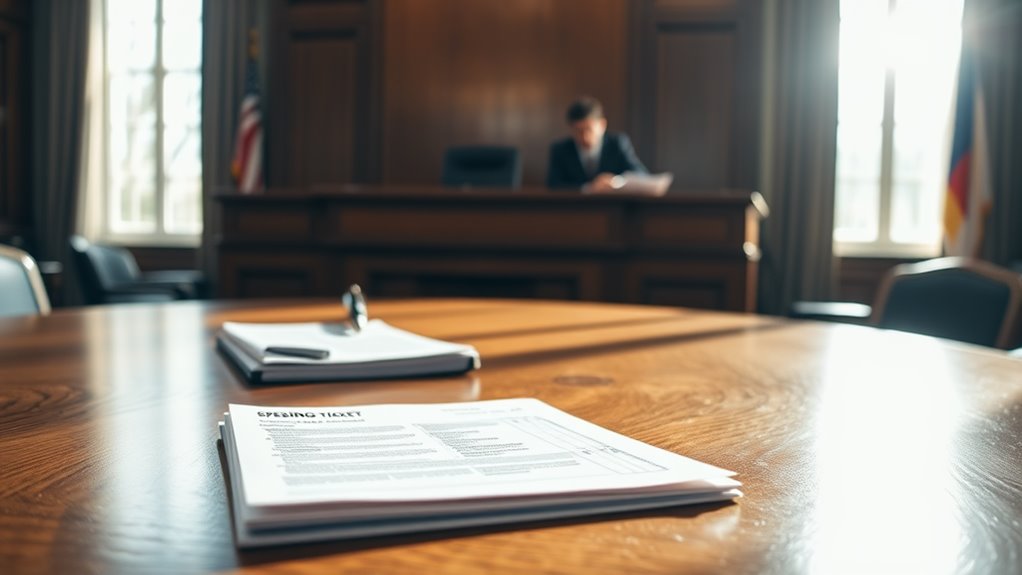Consequences of DUI: A Traffic Lawyer’s Guide
Facing a DUI charge can feel overwhelming, and the consequences are far-reaching. You might think the penalties stop at fines and license suspensions, but they can deeply impact your finances, relationships, and career. Understanding the full scope of these repercussions is essential. A traffic lawyer can be your ally in steering through this complex landscape, but first, let’s explore what you really stand to lose with a DUI conviction.
When you find yourself facing a DUI charge, the consequences can be overwhelming, extending far beyond the immediate legal penalties. A DUI conviction can lead to substantial fines ranging from $500 to a staggering $5,000, influenced by the specifics of your case and jurisdiction. Jail time is another harsh reality; depending on the circumstances, sentences can stretch to 15 years, especially if serious bodily injury or fatalities are involved. Challenging evidence collected during your arrest, such as improper field sobriety tests or breathalyzer results, may also play a crucial role in mitigating these consequences.
You may also face a license suspension that can last from six months to a permanent revocation, based on whether it’s your first offense or a more severe incident. In many cases, administrative penalties can be just as impactful as criminal penalties, complicating your situation further. The repercussions don’t stop there; probation often comes with demands for drug and alcohol testing, community service, and regular check-ins with probation officers. Additionally, if you want to reinstate your license, you’ll likely have to complete mandatory DUI education courses.
Navigating the administrative penalties can also be challenging. In Florida, for instance, you have just 10 days post-arrest to request a hearing to contest your administrative license suspension. If you’re eligible, applying for a hardship license can be a lifeline, allowing you to maintain some driving privileges.
However, refusing a breath, urine, or blood test can lead to harsher penalties, including immediate license suspension. If you hold a commercial driver’s license, the stakes are even higher, as multiple refusals can lead to permanent disqualification. To regain your driving privileges, you’ll often need to complete DUI school and pay various fees, further complicating your situation.
DUI consequences don’t just hit you legally; they can also wreak havoc on your finances. Insurance premiums often skyrocket after a DUI conviction, and this financial burden can follow you for years. Employment opportunities may dwindle as many employers view a DUI conviction unfavorably, which can impact your professional licenses and career trajectory.
Legal fees can add up quickly, whether you’re defending against charges or seeking compensation for damages. Combined with fines and lost income, the financial fallout can be devastating and may linger for decades, especially if you face repeated offenses or high-risk insurance costs.
On a personal level, a DUI conviction can tarnish your reputation. Society tends to stigmatize DUI offenders, which can strain social relationships and negatively affect your standing in the community. Your family dynamics may also suffer, resulting in emotional distress for you and your loved ones. Additionally, some international borders may restrict entry for individuals with DUI convictions, limiting your travel opportunities.
Conclusion
To summarize, facing a DUI can lead to dire consequences that affect your finances, relationships, and future. You risk hefty fines, possible jail time, and skyrocketing insurance rates. You also deal with the social stigma that can tarnish your reputation. By engaging a traffic lawyer, you can challenge evidence, navigate the legal system, and seek to minimize these impacts. Don’t let a single mistake define your life; take action and protect your future today.













